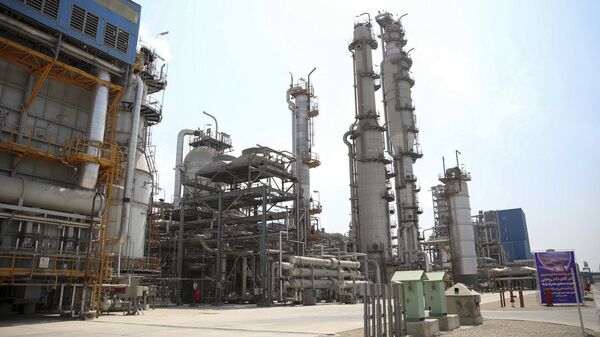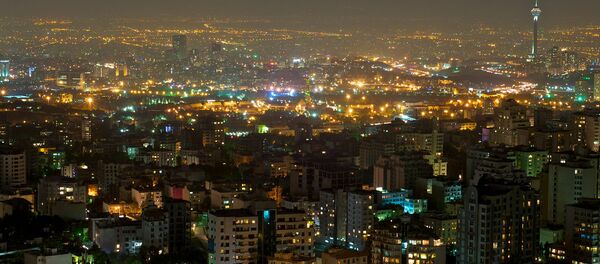The number of potential buyers of Iranian oil has increased despite US threats of sanctions, Amir Hossein Zamani-Nia, Iran’s deputy minister of petroleum for international affairs and commerce, was cited as saying by the Shana news agency.
“Regardless of US pressure, the number of potential buyers of Iran’s oil has increased due to the competitive nature of the market and growing cupidity for more profitability. Selling oil is currently the top priority of the Ministry of Petroleum so that Iran’s oil market share, which was regained after the JCPOA, would not be lost but be safeguarded ”, he said.
At the same time, Zamani-Nia stressed that a number of countries that received sanctions waivers from the United States were not willing to buy an extra barrel of oil from Iran:
“China, India, Japan, South Korea and other countries that were granted waivers from America to import Iranian oil are not willing to buy even one barrel more from Iran”.
Zamani-Nia further elaborated that the Special Purpose Vehicle (SPV), the mechanism designed by the EU to bypass American sanctions, would be “helpful, but it will not resolve the problem entirely” due to the fact that US influence will affect any European action.
READ MORE: 'Perhaps Withdraw From Planet Earth?' Iran's Zarif Mocks US, Israeli UNESCO Exit
In May 2018, US President Donald Trump announced the decision to withdraw from the 2015 Joint Comprehensive Plan of Action (JCPOA), also known as the Iran nuclear deal, which saw anti-Iran sanctions lifted in exchange for Tehran maintaining the peaceful nature of its nuclear programme.
The US president promised to introduce secondary sanctions on foreign companies doing business with Iran, which was strongly condemned by other signatories to the nuclear deal. Temporary waivers were granted to eight nations – China, India, Japan, South Korea, Italy, Greece, Turkey, and Taiwan.
Iran’s leadership, for its part, has repeatedly warned the US against any provocations, threatening to close off the Strait of Hormuz, the strategic waterway linking Middle East crude producers to crucial world markets.



